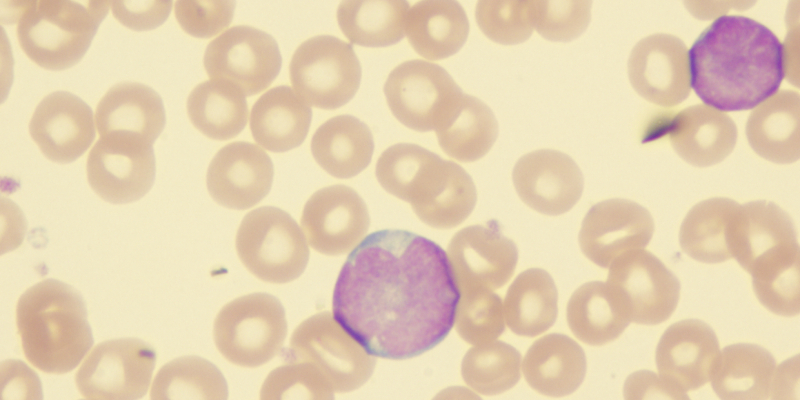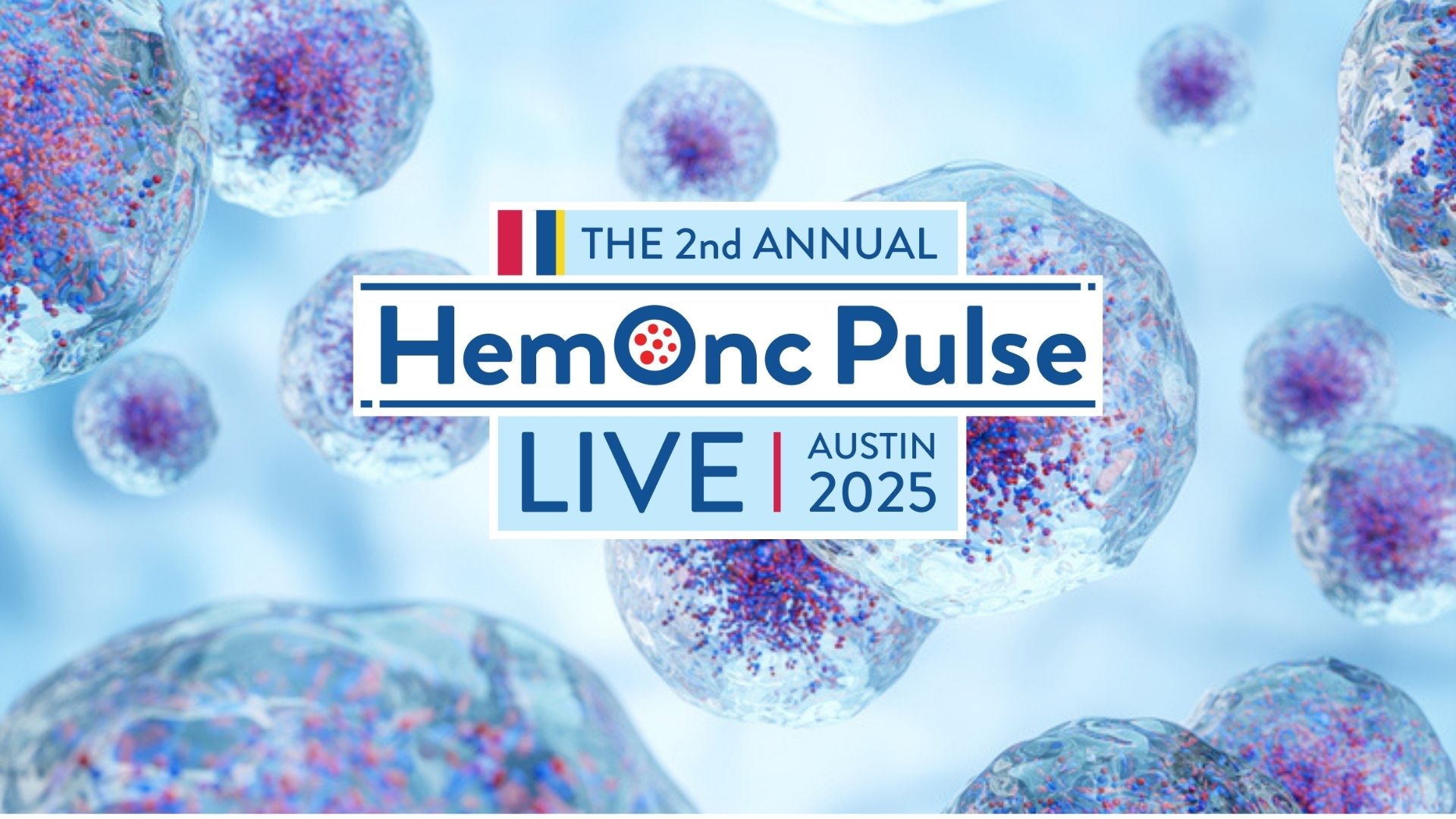
Children with relapsed or refractory B-cell acute lymphoblastic leukemia (ALL) who received CD19- and CD22-directed chimeric antigen receptor (CAR) T-cell therapy had a 99% complete response (CR) rate, according to results from a phase II trial.
Tianyi Wang, MD, of the Shanghai Children’s Medical Center at the Shanghai Jiao Tong University School of Medicine, and colleagues conducted the study to evaluate the safety and efficacy of administering CD19-directed and CD22-directed CAR-T cells in children with refractory disease, high-risk hematologic, or isolated extramedullary relapse of B-cell ALL.
The study enrolled 225 patients who were under the age of 20 between September 17, 2019, and December 31, 2021.
Nearly all (99%) of the 194 patients with refractory leukemia or hematologic relapse, all of whom were negative for minimal residual disease, achieved a complete remission. Their overall 12-month event-free survival rate was 73.5%. The researchers reported relapse occurred in 43 patients, 24 of whom had a CD19-positive and CD22-positive relapse.
For the 78 patients who underwent transplantation, the 12-month event-free survival rate was 85%, while it was 69.2% for the 116 patients who did not undergo transplantation (P=.03). All the 25 patients who had persistent B-cell aplasia at six months remained in remission at one year.
“Consolidative transplantation and persistent B-cell aplasia at six months were associated with favorable outcomes,” Dr. Wang and colleagues wrote.
Most patients (88%) developed cytokine release syndrome, while 20.9% developed CAR T-cell neurotoxicity, which resulted in the deaths of three patients.
“CD19-/CD22-CAR T-cell therapy achieved relatively durable remission in children with relapsed or refractory [B-cell ALL], including those with isolated or combined extramedullary relapse,” Dr. Wang and colleagues concluded.
Reference
Wang T, Tang Y, Cai J, et al. Coadministration of CD19- and CD22-directed chimeric antigen receptor T-Cell therapy in childhood B-cell acute lymphoblastic leukemia: a single-arm, multicenter, phase II trial. J Clin Oncol. 2022. doi:10.1200/JCO.22.01214






 © 2025 Mashup Media, LLC, a Formedics Property. All Rights Reserved.
© 2025 Mashup Media, LLC, a Formedics Property. All Rights Reserved.